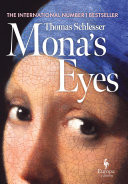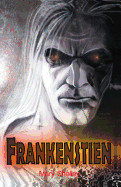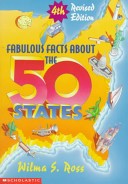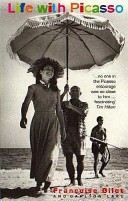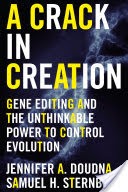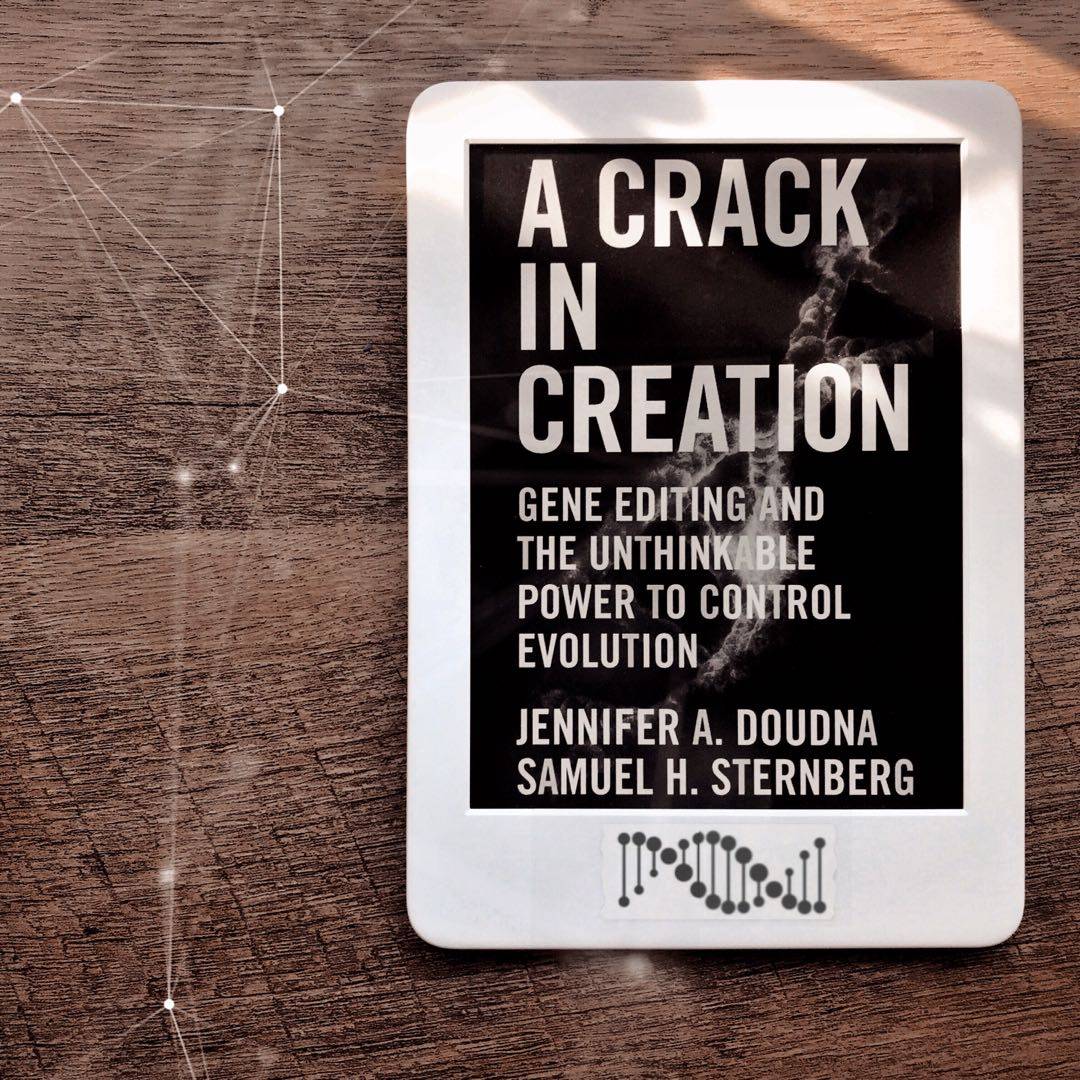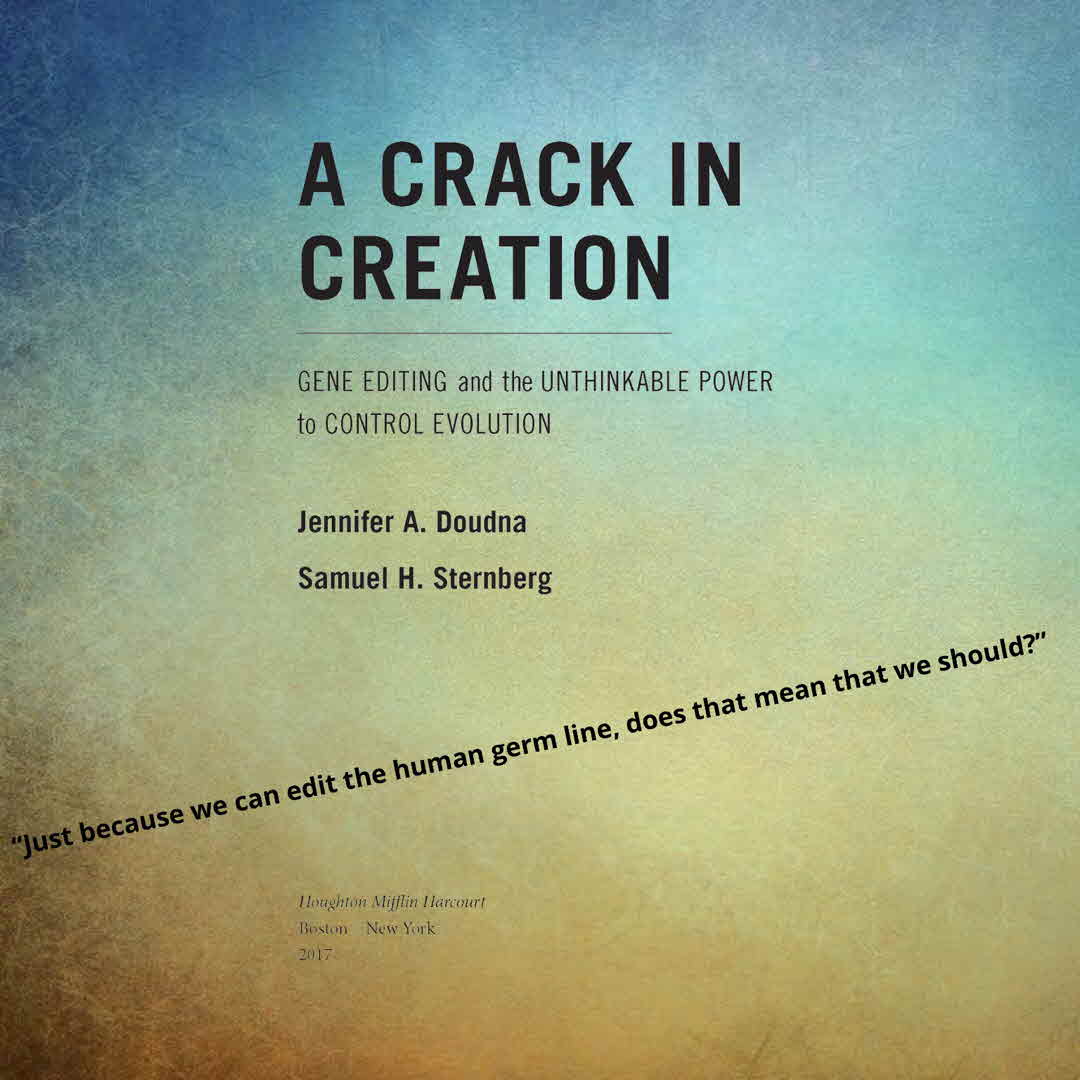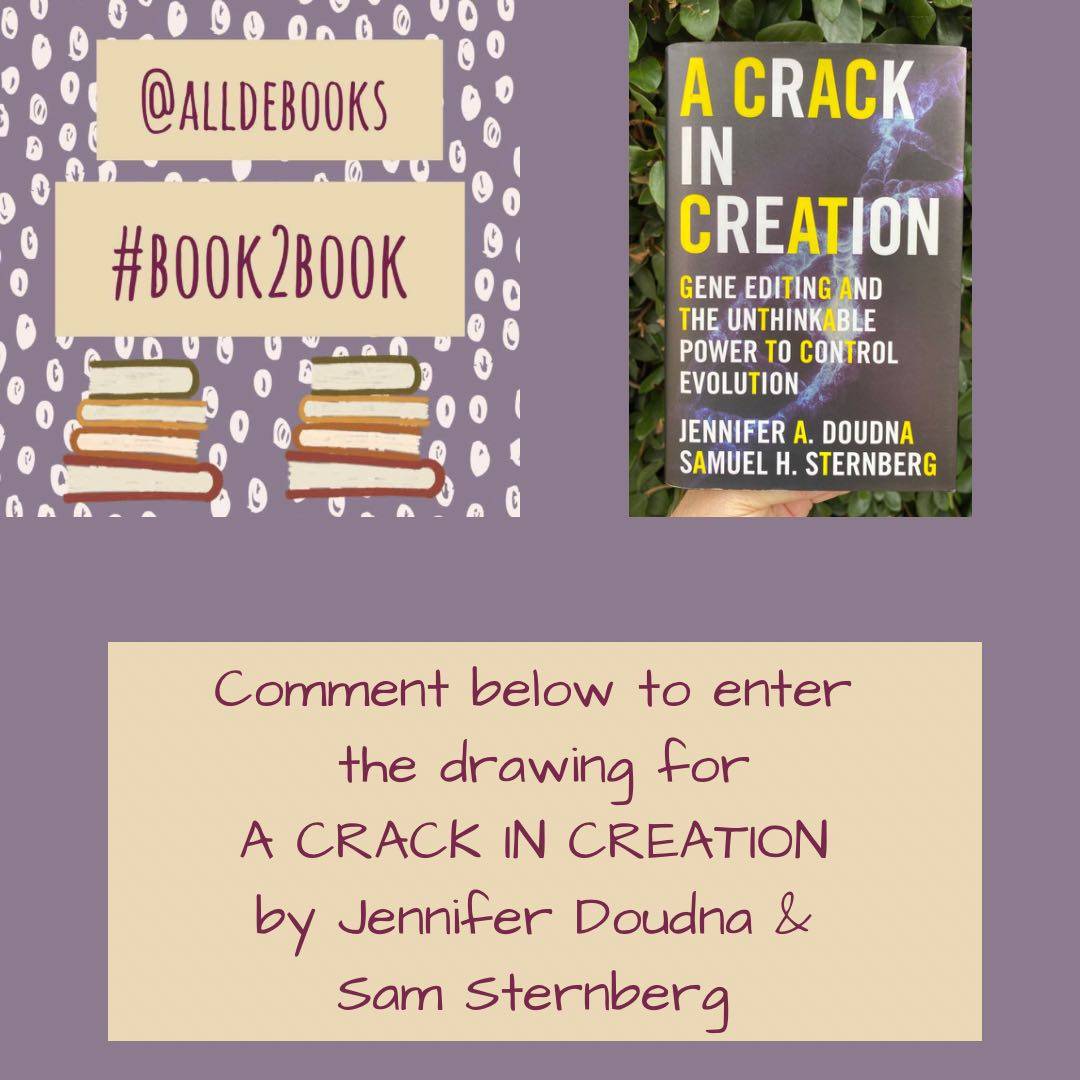
Open to those who signed up for #Book2Book with @AllDebooks
Comment below if you would like this copy of A Crack in Creation by Jennifer Doudna, one of the scientists who won the Nobel Prize for gene editing with CRISPR. If multiple people request it, I‘ll hold a drawing to determine the winner on Sept 16.







